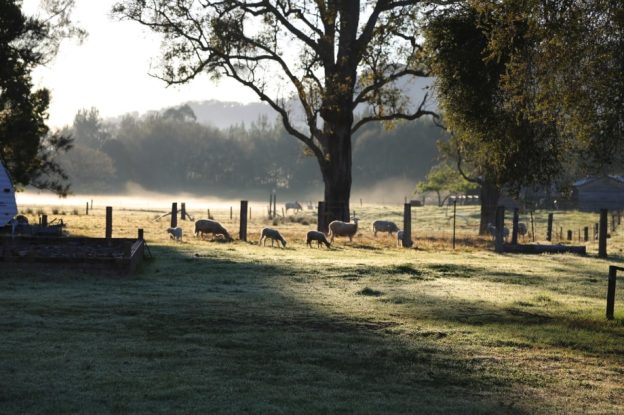Being a hobby farmer or smallholder is difficult, but can come with advantages. For example, it can be a source of income and fresh produce. It’s also great if you want to live a more sustainable life. However, you have a number of things to think about. If you keep animals, you have a responsibility to utilise wormer in the most cost efficient and effective way. At the same time, you are responsible for doing everything possible to stop resistance from developing. Let’s discuss this topic in more detail below.
Increasing resistance
Many parasitic worms are increasing their resistance to available treatments. It can have a massive impact on farmers that keep sheep and cattle in particular. A control strategy based on mass and repeat use of wormers isn’t maintainable over the long term. They are useful and important treatments, but just like antibiotics, you must use them with care. If you fail to do so, animals can build resistance and treatment won’t work.
Hobby farmers and smallholders should be worried about anthelmintic resistance in particular. An important note is that it’s not the livestock that develops it; it’s the parasites themselves.
As for why it’s such a problem, allow us to explain. Wormer resistance is the loss of sensitivity to a medicine within a worm population. They would have previously been sensitive to the drug. This resistance gets passed on through worm generations. It’s a genetic trait, so once it’s there, it’s going to stay. You may reach a point where a whole herd is infected with no chance of treatment. It will make the pasture unusable too.
Resistance isn’t something that just happens; it accumulates over time. You might not realise there are production losses until there’s as much as 50% resistant worm populations. Signs you could have an issue are a failure to thrive, low milk yield, and weight loss.
What encourages resistance?
As for the factors that encourage resistance to wormers, there are a few to speak of. One is the frequency of worming. Each time you dose a cow or sheep for parasites, you increase the risk of resistance on the smallholding. The more frequently your livestock gets wormed, the easier and quicker worms can become resistant. The treatments only kill vulnerable worms, leaving space for the resistant ones to breed and thrive.
If you discover wormer resistance on your smallholding, you might find you need to dose less frequently. What’s more, you could need to change products to use a different active ingredient. Lowering reliance on these items and only using them when necessary is more proactive.
Another practice is dose and move. Dosing animals and then moving them to clean pastures was once common guidance. These days, it’s understood that it is better to leave a herd on pasture for a short while after dosing. This ensures excreted resistant worms can breed with vulnerable worms on the pasture. It will lower the risk of breeding resistant ones only.
Next is under-dosing. Worms here will only get a small dose of the drug. It won’t be enough to kill them, but it can encourage resistance.
Last up is blanket treatment. This is where you treat all animals in a group with the same medicine at the same dose. It is one of the leading drivers of resistance.
Avoiding resistance
To finish, we’ll discuss how you can avoid wormer resistance. One excellent technique is faecal egg count (FEC) testing. You obtain a faeces sample from a particular herd of livestock. This can offer an indication of your worm burden. You can then decide if you need to treat the animals.
When bringing in new cows or sheep, you should place them in quarantine to stop the mixing of livestock. This will help your original herd to not become hosts to resistant parasites.
A great practice is to guarantee all small animals get weighed and dosed properly. What this does is work to lower the danger of resistance. One other common way of accomplishing this is weighing the heaviest in the group and dosing for that weight. If you have a wide array of weights, divide the group and weigh the heaviest in every smaller group.
Talk to us about wormer
At JS Hubbuck Ltd, we have plenty or wormers to offer you. They will help you to keep your livestock healthy. You can find a wide variety of other merchandise in our shop too. If there’s anything you need, please let us know.

